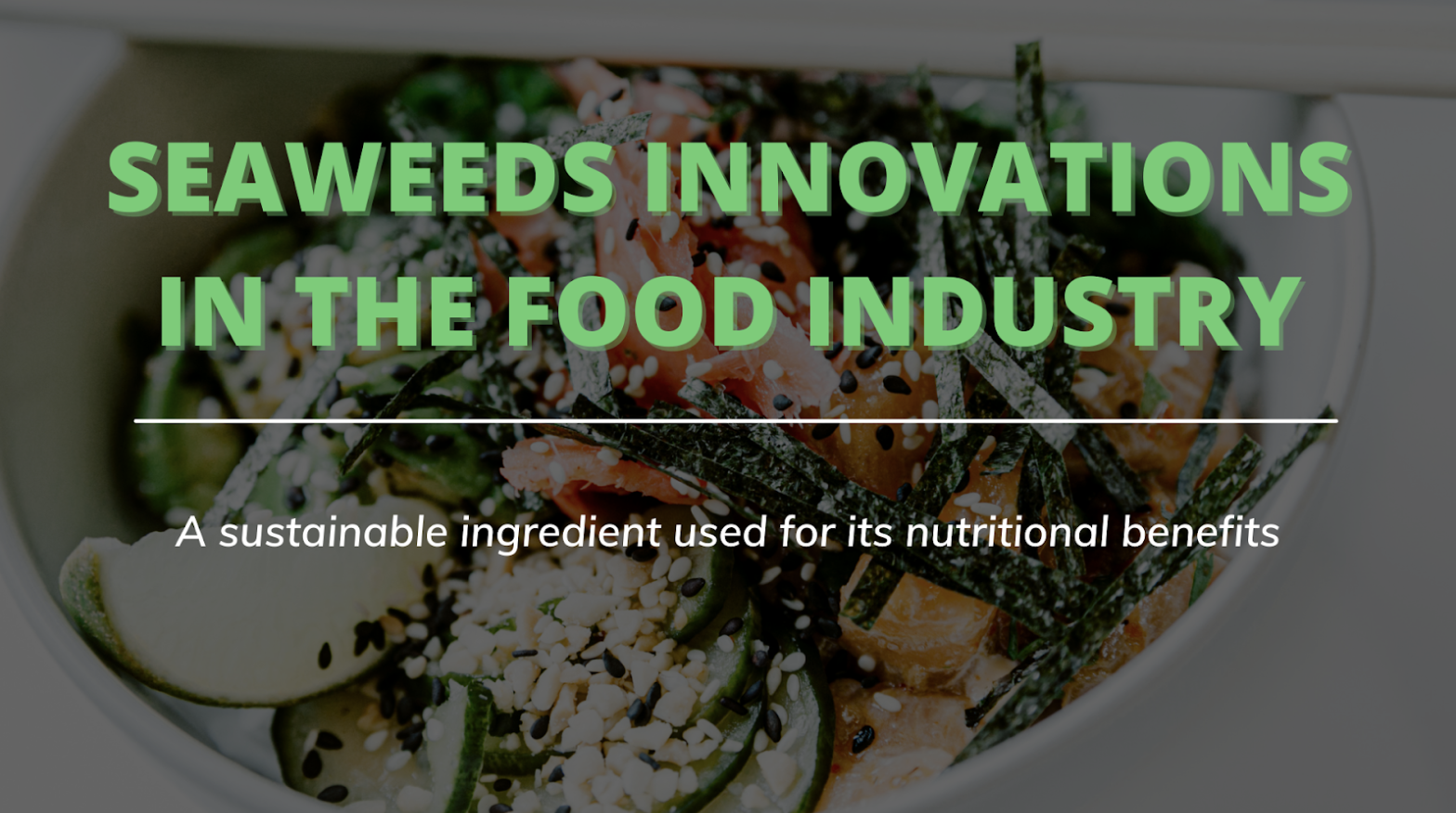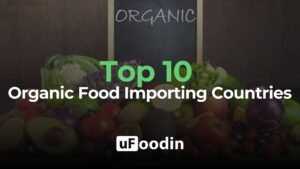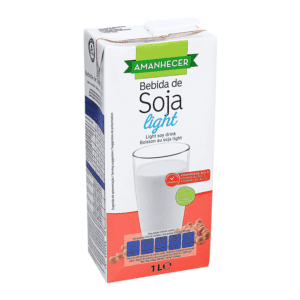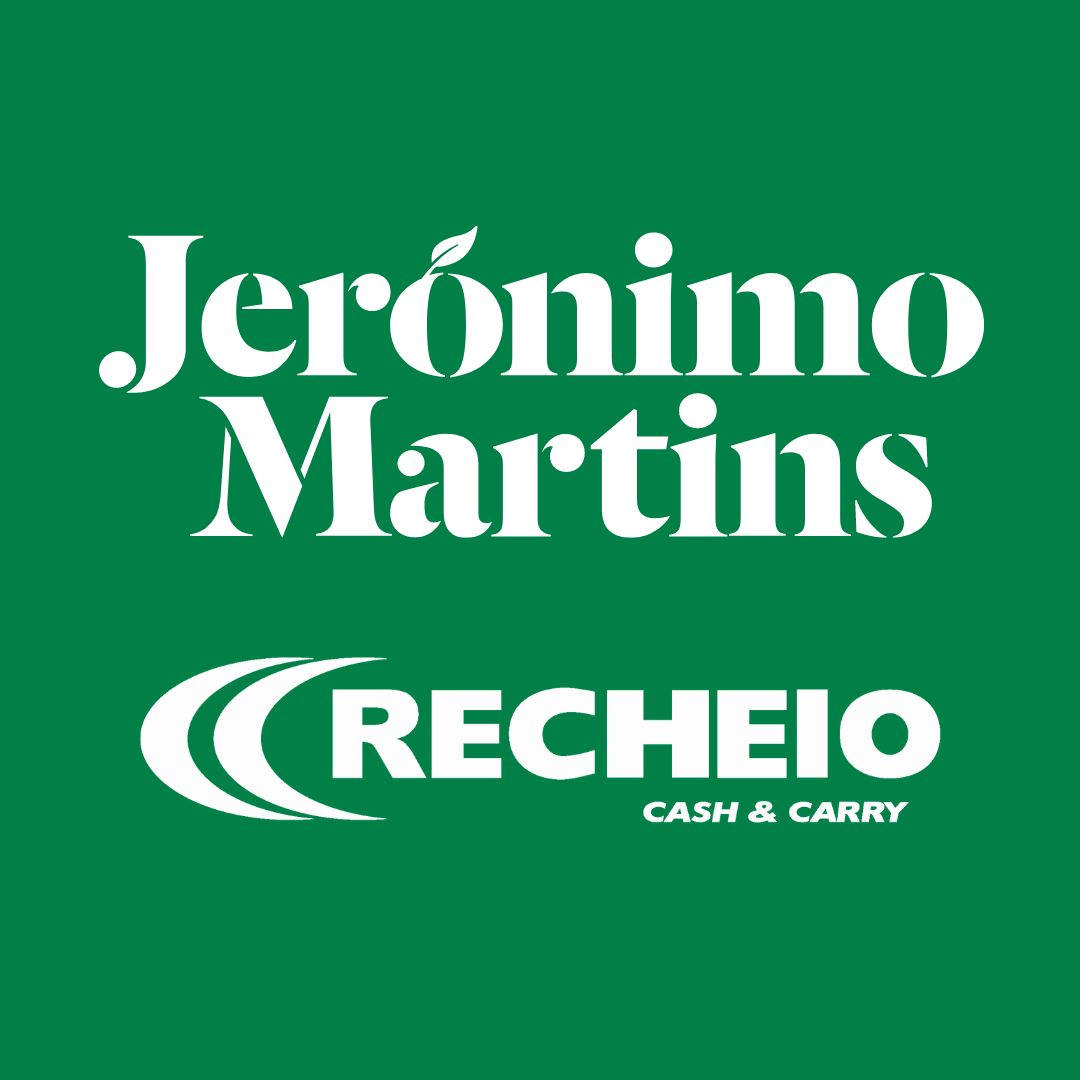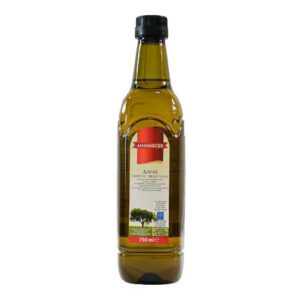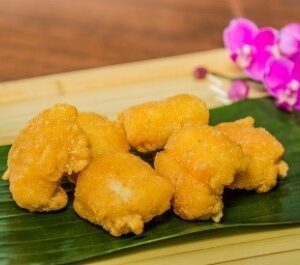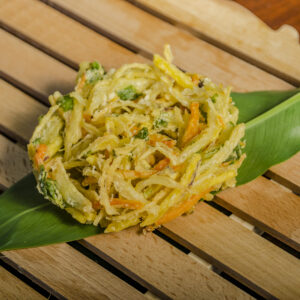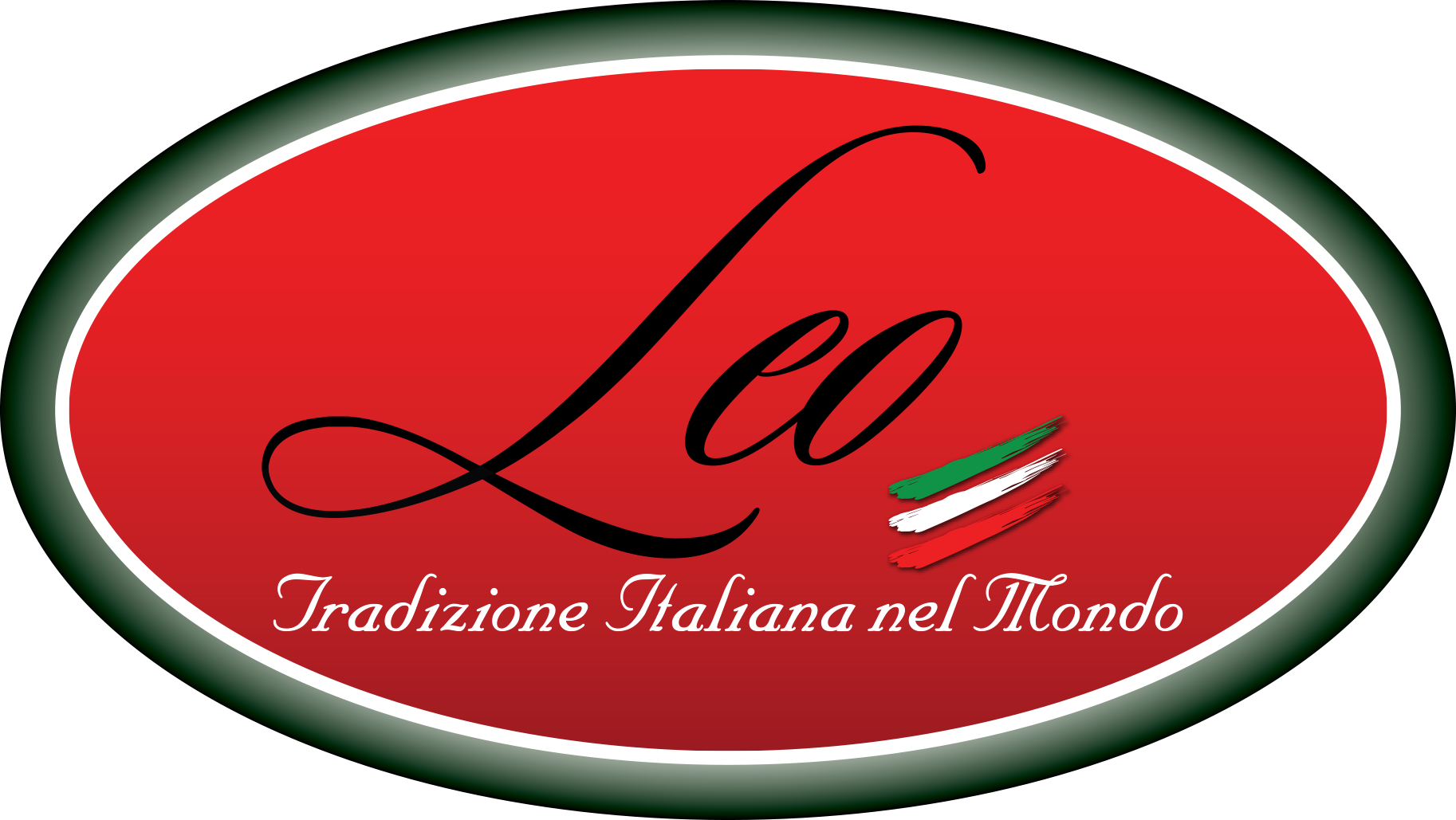Seaweed Food : Innovations and Trends
1- What is seaweed?
Seaweed refers to all countless species of marine plants and algae that grow in the ocean as well as in rivers, lakes, and other water bodies.
Their size can go from macroscopic to giant but most of them are medium-size.
Seaweed must not be confused with seagrasses which are the only flowering plants that grow in marine environments. There are about 60 species of fully marine seagrasses.
Finally, edible seaweed, or sea vegetables, are seaweeds that can be eaten and used for culinary purposes.They may belong to one of several groups of multicellular algae: the red algae, green algae, and brown algae.
The food industry exploits the gelling, water-retention, emulsifying and other physical properties of these seaweeds. Most edible seaweeds are marine algae whereas most freshwater algae are toxic.
2- The nutritious benefits
- Seaweed is chock-full of vitamins, minerals, and fiber, and can be tasty. For instance, nori (which is the seaweed used to enrobe the sushi) or spirulina are two great sources of vitamins
- Many seaweeds contain anti-inflammatory and anti-microbial agents.
- Some possess powerful cancer-fighting agents : experts agree on the fact that seaweed’s consumption in Japan is linked to low-rate of cancer in the country
- Seaweed also contains a high concentration of Iodine that helps regulate thyroïd dysfunctioning
- It is also full of antioxidant that helps prevent diabet, cholesterol or heart diseases and controls the delivery and absorption of sugar in the blood
- Seaweed can also be a support for losing weight because it delays hunger and reduces body fat thanks to a substance called fucoxanthin.
Source : Business Wire
3- Innovations in the Food Industry
- Seaweed butter : a mix from cultured butter, sea salt and seaweed. It can be used as parsley butter with pasta, rice, potatoes, vegetables or fish.
- Seaweed pasta : konjac, spirulina pasta… manufacturers add dried seaweed to wheat flavour to increase the nutritional values of the final product.
- Tea : seaweed are mixed with other plants and marketed as a highly therapeutic beverage
- Seaweed sauces & seasonings : salsa, kelp pickles, flecks to serve on toasts, bagels, soups etc.
- Seaweed bacon : a vegan alternative that is more sustainable and doesn’t contain saturated fats or calories

